End of British Power and Partition of India
Synopsis
According to S.V. Puntambekar ‘two centuries from 1748 to 1947 cover the period of the beginning and the end of British rule and politics in India’. In his article "The Rise and fall of the British Rule in India", he critically evaluates its process and the legacy it has left behind. After the transfer of Company’s possessions to the Crown, struggle for freedom recommenced and there occurred several Indo-British conflicts. The 1857 uprising had widened antagonism between the rulers and the ruled so much so that the Kuka Sikhs invited Russians to fight British rulers and over 40 Indians mostly Sikhs were killed in "A Forgotten Episode of our national struggle—the Saga of Komagatu Maru". Some foreigners contribution to Indian freedom has also been included. An all-comprehensive Chapter (5) on "The Indian States" provides their evolution and relationship with the Company, their constitution, status and salutes and "Indian Independence and States’ Accession". The inside story of the birth and genesis of the Indian National Congress and up-and-down relations of the Congress with the Akalis have been told in informative and erudite articles (Chapter 6). What were the conditions in India at the turn of 20th century has been dealt with by the learned author M. Joseph Chailley—a French national who visited India twice in 1900 and 1904. In his L-Inde Britannique he examines Anglo-Indian Laws, Legislature and justice and its characteristics and suitability to India and says : the laws made have been awkwardly borrowed from Europe and badly constructed while India had no need for them at all …and the justice is slow and costly. Chapter 9 includes illuminative articles—‘Role of the Indian Army, 1990-1939’, ‘India’s Contribution in Word War I’, ‘Indian Public Opinion on the Second World War’, ‘Army and Politics in India’ and ‘The Solider and the State’ by eminent military writers. This book includes revealing articles on "Factors responsible for Amritsar Massacre", "Akalis non-violent struggle against British Administration’, "The Genesis of Communal Problem", "Is Pakistan a Consequence of Wahabism?", "Gandhi and Partition of India", "The Irwin-Gandhi Pact and Execution of Bhagat Singh", all written by prominent scholars".
Read more
32.30
29.07
$
34.00 $
Free delivery Wolrdwidе in 10-18 days
Ships in 2-4 days from New Delhi
Membership for 1 Year $35.00
Get it now and save 10%
Get it now and save 10%
BECOME A MEMBER


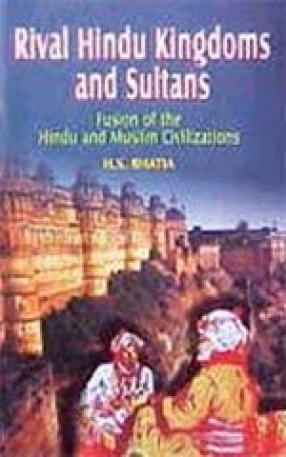
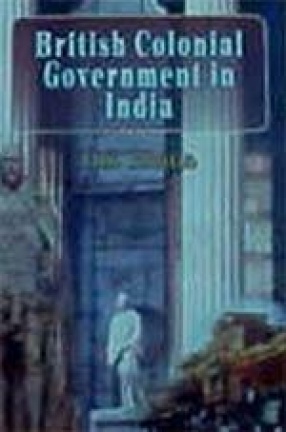
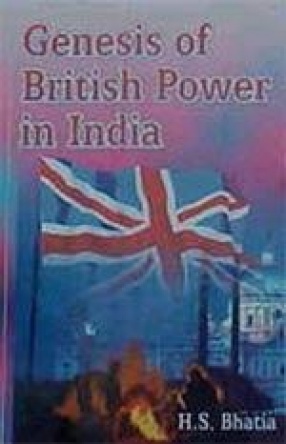
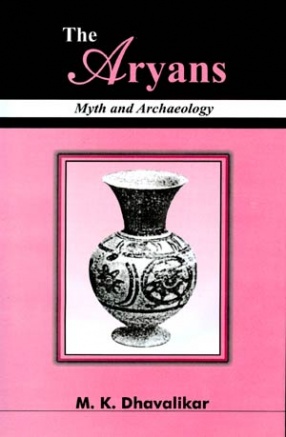
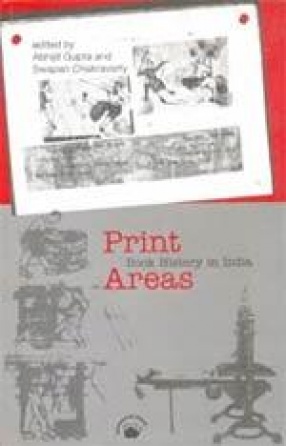
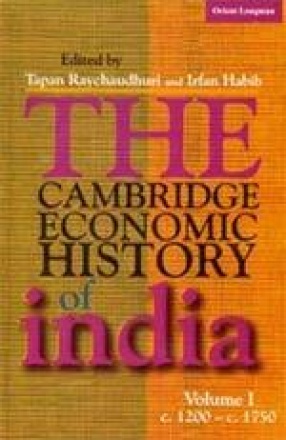

Bibliographic information